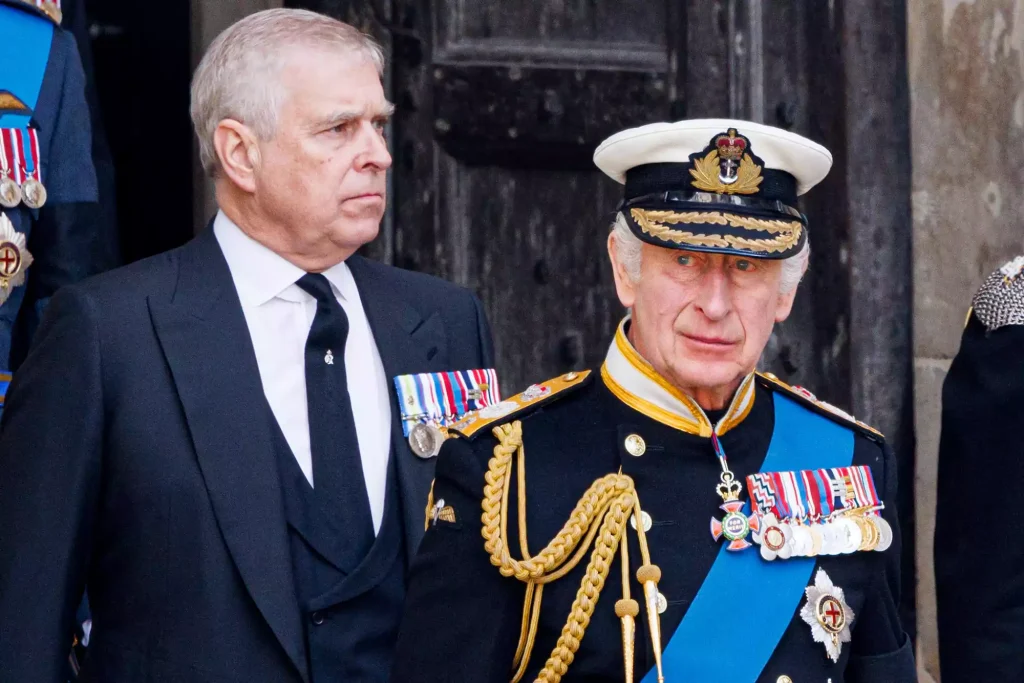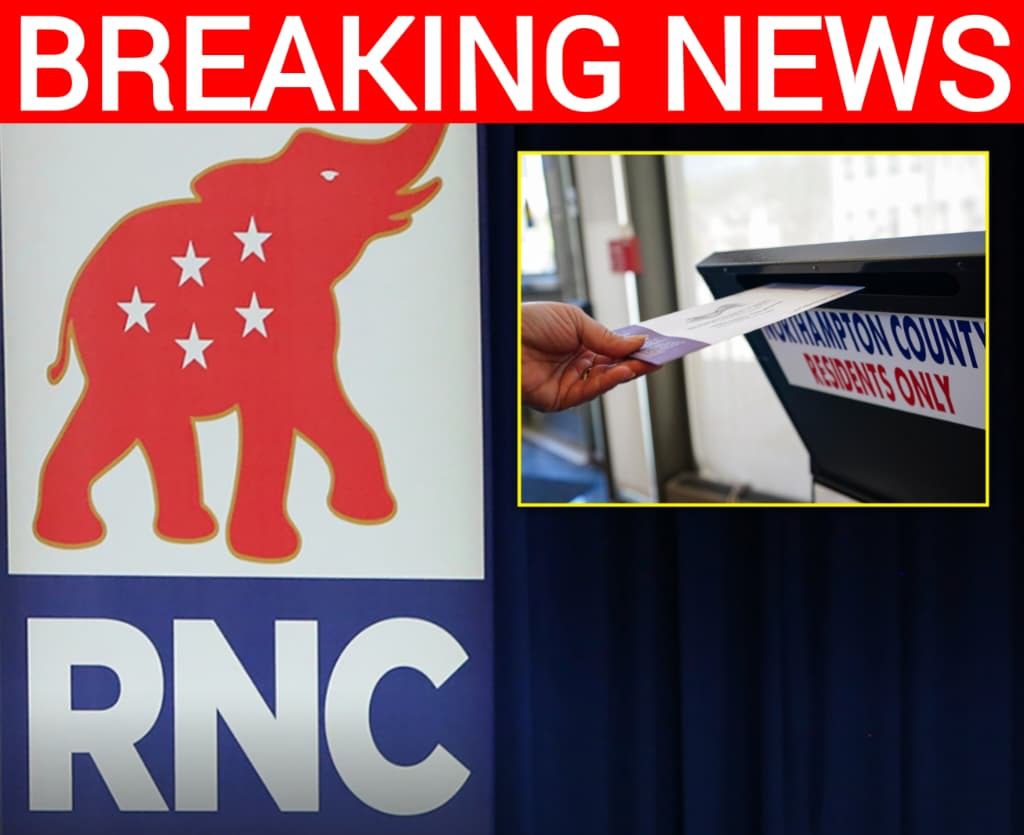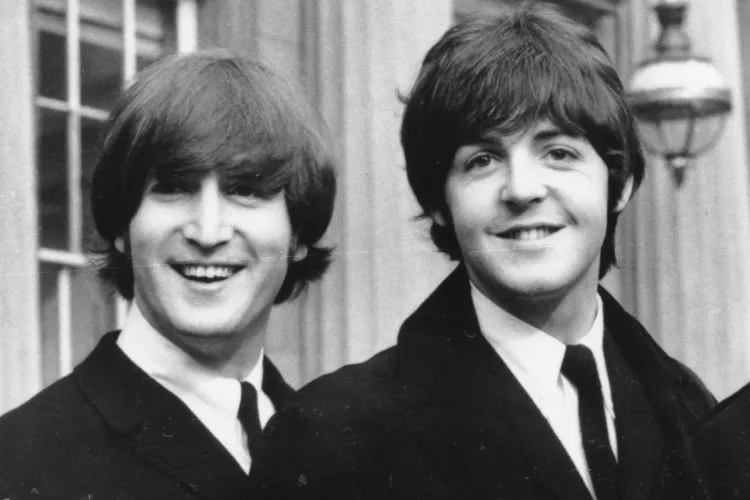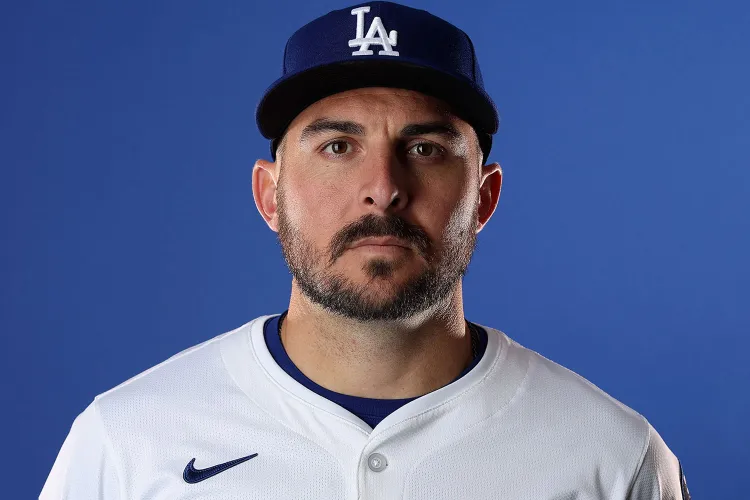Report: King Charles Considering Stripping Prince Andrew’s Royal Title Amid Renewed Epstein Scrutiny — What Could Happen Next
There are moments when the modern monarchy feels like a tightrope walk. This is one of them. Reports in the U.K. say King Charles is weighing whether to push for the formal removal of Prince Andrew’s ducal title as fresh attention returns to Andrew’s relationship with convicted sex offender Jeffrey Epstein. It’s not a decision the King can make lightly, and it’s not one he can make alone. But the fact that it’s even on the table tells you how seriously the Palace views the cloud still hanging over the family.
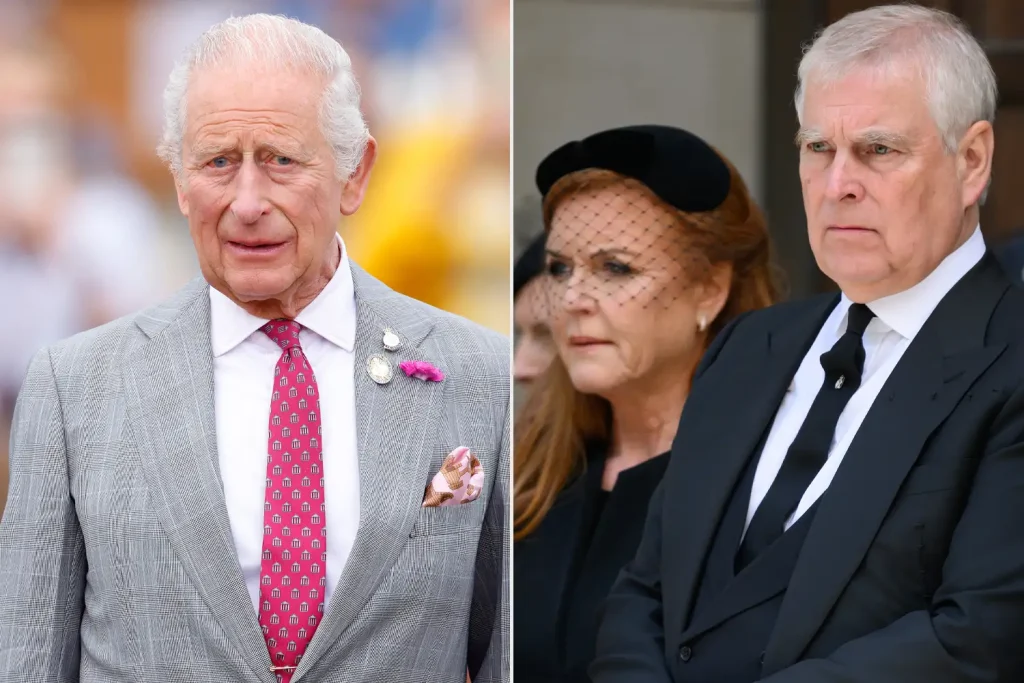
To understand the stakes, it helps to rewind. Prince Andrew stepped back from public duties in 2019 after his calamitous BBC Newsnight interview about Epstein. In early 2022, Queen Elizabeth II stripped him of his military affiliations and royal patronages and directed that he no longer use the style “His Royal Highness” in any official capacity. That same year, Andrew settled a civil lawsuit brought by Virginia Giuffre in the United States; the settlement included no admission of liability, and he has consistently denied the allegations. Since then, he has largely lived out of the spotlight at Royal Lodge in Windsor, absent from royal rosters and balcony moments that once defined his life.
What’s different now is the renewed public focus on anything tied to Epstein, and the growing sense that the monarchy needs clean lines as it moves forward. Palace sources aren’t speaking on the record, but the chatter is unmistakable: the King wants calm, credibility, and a smaller, steadier working family. The question is how far he’s prepared — or constitutionally able — to go.
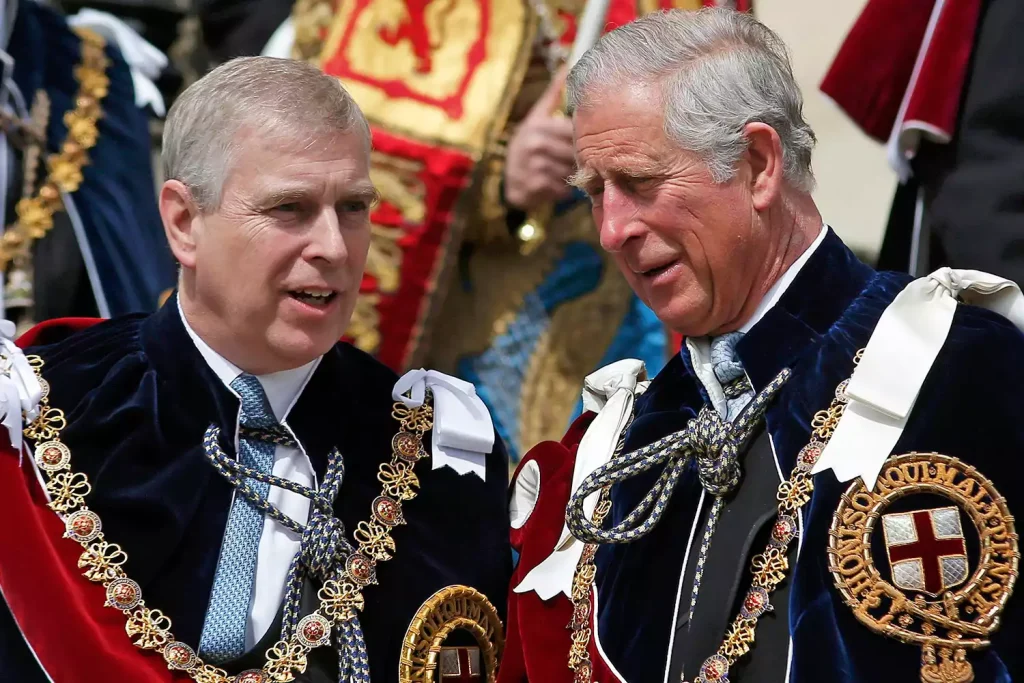
Here’s the crucial piece many headlines miss: removing a peerage title, such as “Duke of York,” cannot be done by royal decree alone. While the monarch can limit styles and strip military or charitable roles, a ducal title belongs to the British system of peerages. Historically, taking one away requires an act of Parliament or specific legislation. In other words, even if the King wishes to pursue it, he would need the government’s cooperation and the time and political appetite to carry a bill through both Houses. That’s not impossible, but it is complicated — and every step would unfold under intense public scrutiny.
So why consider it at all? Because symbols matter in a constitutional monarchy. Titles are shorthand for public trust; they appear on plaques, regimental colors, charity stationery, and city charters. Even though Prince Andrew has no official duties and no longer uses HRH, the words “Duke of York” still carry ceremonial weight in the national story. Some in York have already argued the title no longer reflects the city’s values. Others say stripping a title would set a precedent that turns the Crown into an arbiter of morality — a role better left to courts.
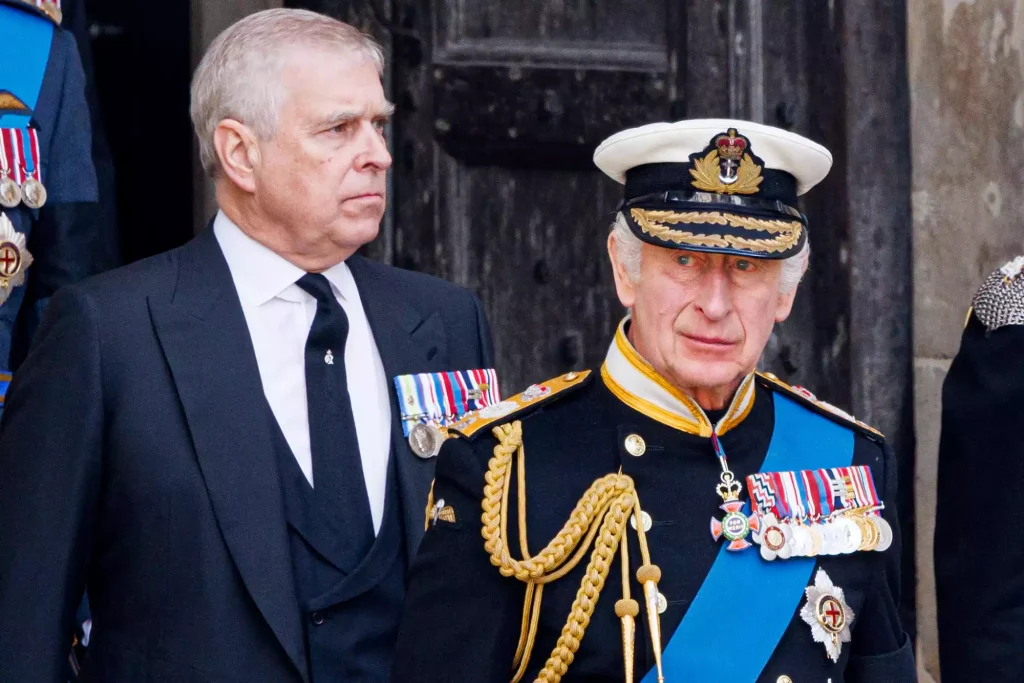
The family dimension is equally delicate. By all accounts, the King’s feelings are personal as well as institutional. He loves his brother; he also knows the monarchy moves on reputation and service. The late Queen’s approach was to remove Andrew from public life and draw a line. Charles’s approach appears to be similar, but firmer, focused on making sure nothing drags attention from the duties at the heart of his reign.
For Prince Andrew, there is little path back. Friends say he has hoped, at times, to rehabilitate his image through charitable work, particularly veteran causes connected to his naval service. But there has been no official sign of a return, and none is expected. If Parliament did move to revoke the dukedom, he would remain Prince Andrew by birth but would lose the territorial title that has defined him since 1986.
The human piece is easy to overlook in the constitutional thicket: families are complicated, and this family lives inside a global spotlight. Whatever happens next — whether the idea fades quietly or advances into formal steps — it will come wrapped in grief for what’s been lost and caution about what might be gained. If the King ultimately decides to press ahead, he will be choosing clarity over sentiment, an unmistakable line between the working institution and one of its most contentious members.
For now, the story sits in that British space between “considering” and “acting.” It may stay there. Or it may turn into a legislative test of how a centuries-old system handles a modern scandal. Either way, the message is clear: this reign is about steadiness, and the King intends to guard it.
